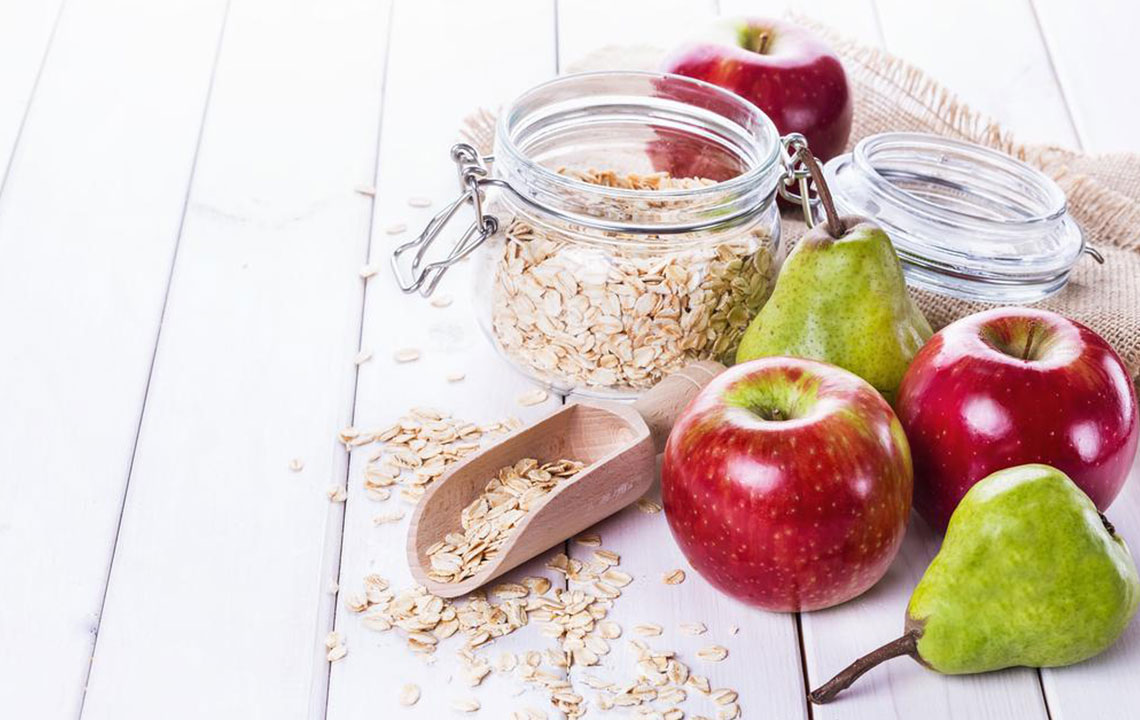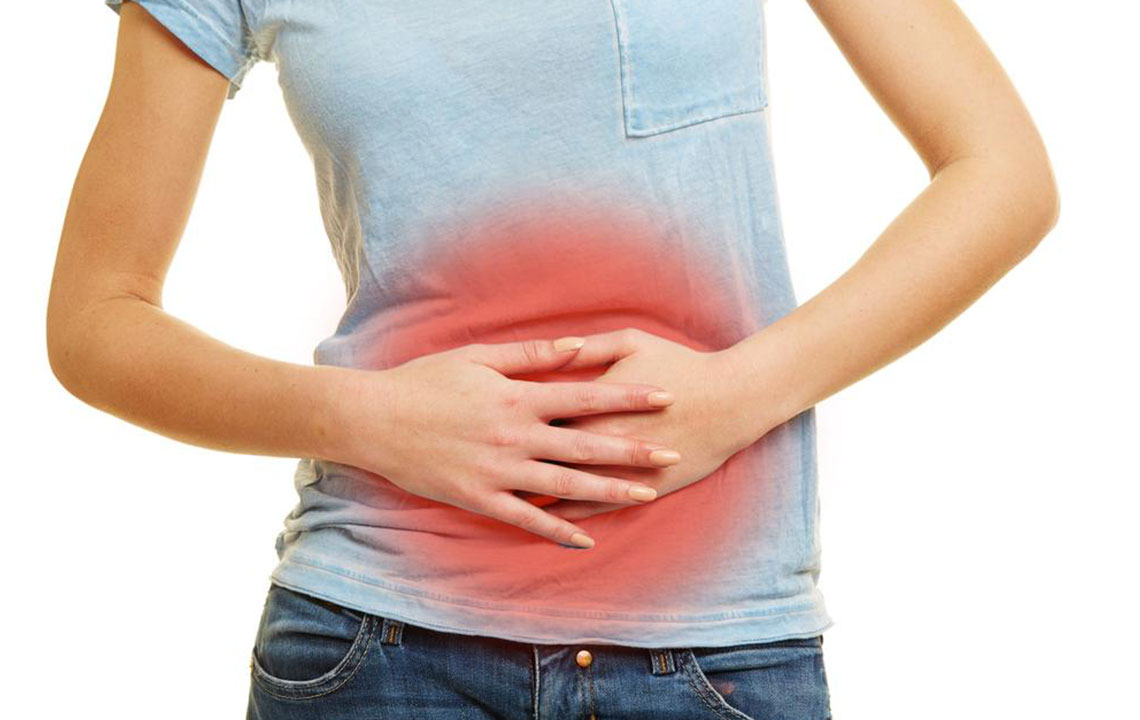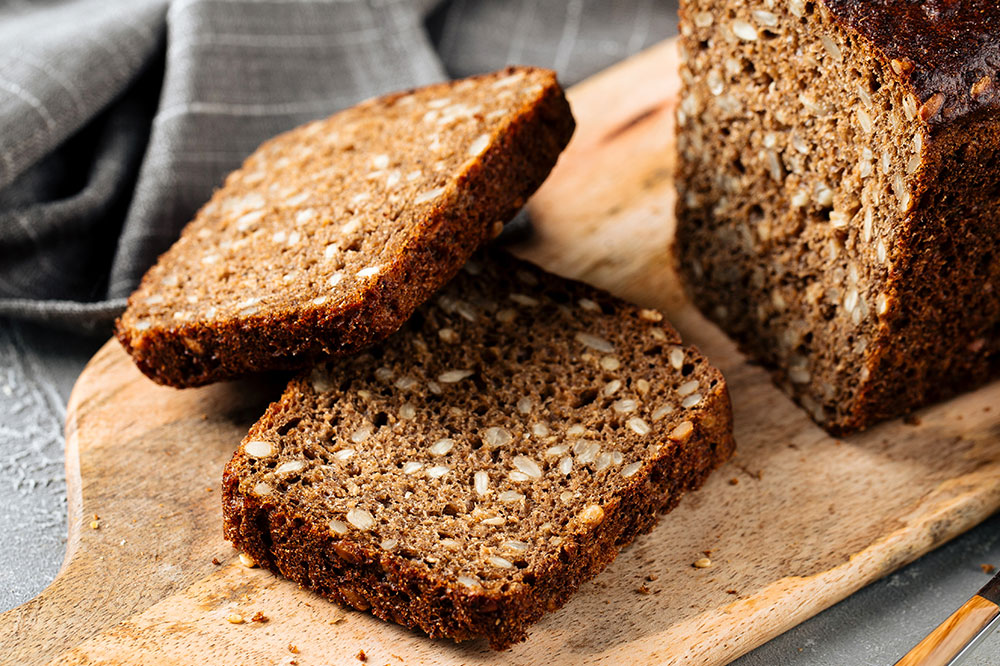Comprehensive Guide to Managing Diarrhea Through Nutrition and Medical Care
This comprehensive guide explores effective strategies for managing diarrhea through proper nutrition, hydration, and medical support. It emphasizes the importance of diet adjustments, rehydration, probiotics, and when to seek medical care. Suitable for caregivers and affected individuals, the article provides detailed tips to aid recovery, prevent dehydration, and address underlying causes. Whether caused by infections or chronic conditions, understanding dietary practices and when to consult healthcare professionals plays a crucial role in treatment and maintaining overall gut health.

Comprehensive Approach to Controlling Diarrhea with Proper Nutrition and Medical Support
Diarrhea is a widespread digestive disorder characterized by the frequent passage of watery or loose stools. It affects people across all age groups, with symptoms ranging from mild discomfort to severe dehydration that requires urgent medical intervention. Understanding how to effectively manage diarrhea through appropriate nutrition and medical care can significantly improve recovery time and reduce potential complications. This condition is often caused by infections from viruses, bacteria, or parasites, but it can also be linked to underlying chronic gastrointestinal conditions. Recognizing early symptoms and initiating proper dietary strategies are essential steps, especially during travel or in vulnerable populations such as children and the elderly.
Persistent or long-term diarrhea may indicate underlying health issues such as
Irritable Bowel Syndrome (IBS)
Crohn’s Disease
Coeliac Disease
Colorectal Cancer
Most cases are caused by infectious agents like Salmonella, Shigella, or Escherichia coli, which can be effectively treated with appropriate medication and dietary modifications. In managing acute diarrhea, rehydration is a critical component—restoring lost fluids and electrolytes through oral rehydration solutions (ORS) containing salts and glucose helps prevent dehydration and supports recovery.
Dietary Strategies for Diarrhea Relief
Incorporate bland, easily digestible foods such as bananas, plain rice, boiled potatoes, toasted bread, and lean chicken (without skin) to ease digestive stress.
Stay well-hydrated by drinking clear fluids like water, herbal teas, and specially formulated electrolyte solutions to replenish lost fluids and minerals.
Consume potassium-rich foods such as bananas, sweet potatoes, and fruit juices, alongside sodium sources like clear broths and salted crackers, to restore electrolyte balance.
Gentle teas like black or chamomile tea can soothe the stomach lining and reduce irritation.
Include root vegetables, like carrots and sweet potatoes, which are gentle on the digestive system and help support gut health.
Prepare soothing rice pudding with plant-based milk and minimal sweeteners for a nutritious, easy-to-digest treat.
Foods to avoid during diarrhea include high-sugar items like candies and sweetened fruit juices, caffeine, greasy or spicy foods, dairy products with lactose, and high-fiber foods that might aggravate gut irritation.
The Role of Probiotics in Diarrhea Management
Probiotics are beneficial bacteria that can help restore healthy gut flora, especially in cases of traveler’s diarrhea or antibiotic-associated diarrhea. They are available in capsule, tablet, powder, or liquid formats and may support quicker recovery. However, consulting a healthcare provider before starting probiotics is advisable, particularly for infants, older adults, or individuals with compromised immune systems, to ensure proper usage and avoid any adverse effects.
If diarrhea persists for more than three days despite following dietary guidelines and maintaining hydration, seeking prompt medical attention becomes essential. Over-the-counter anti-diarrheal medications should be used cautiously and under medical supervision to prevent complications or masking underlying conditions. Ultimately, combining proper nutrition, hydration, appropriate medication, and medical consultation ensures effective recovery from diarrhea, reducing the risk of dehydration and other serious health issues.





